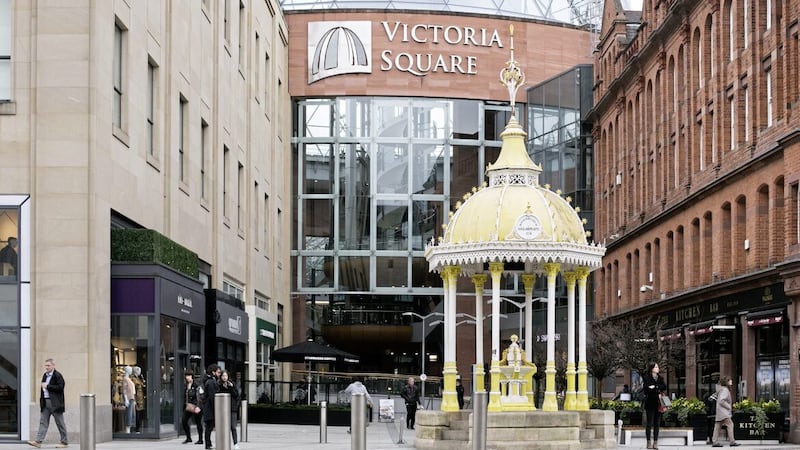EXCLUSIVE
A RISE in interest rates may come sooner than many think, one of the Bank of England's monetary policy committee (MPC) has said.
Martin Weale was speaking during a visit to Northern Ireland where he spoke to a range of companies across the manufacturing and services sector.
Mr Weale is the longest service member of the Bank's interest rate committee but is due to leave his post in July.
Commentators have suggested interest rates are likely to remain at their historic low of 0.5 per cent until well into next year.
However, speaking to the Irish News, Mr Weale said: "I would be surprised if people had to wait as long as markets are currently implying," before adding, "but markets may well turn out to be right".
There had been speculation that policy makers would move to increase rates amid an improving wage environment while the US Federal Reserve put its rate up towards the end of last year.
But the committee last month returned to a unanimous position on keeping rates static as the sole advocate of a rise Ian McCafferty changed his mind.
"I think every member of the committee would say that we make decision about current interest rates, not the future rate," said Mr Weale.
"The only appropriate way of doing that is to look at the state of the economy each month or each time we meet to vote. that's what monetary policy making is supposed to be like."
Mr Weale was in Belfast to visit a number of manufacturing businesses including Survitec and Brookvent and also attended a dinner event with several services company.
He said such trips were "useful because they give me a chance to see how people on the ground actually see things and the problems that they face and trying to address".
"Key issues for us is how they see things like wage pressures, how far they think the low inflation rate is affecting low wage settlements.
"Those are all things of great importance to the committee and by actually talking to people who are running businesses, you get a sense that you can't really get from just looking at figures."
On inflation, he said there was "a longer waiting period than we had expected" to return to target levels.
"When the price (of oil) fell towards January of last year we thought that that would drop out of the data in a year's time. Well of course the price of oil then went up again and its come down quite a lot since may with the exception of the last few days.
"So there is a longer waiting period than we had expected but if we look at core measures of inflation, those are closer to the target but still below the target.
"I think they've been brought down in part by the rise in the exchange rate. It has again dropped quite sharply in the last three or four months but it is appreciably higher that it was in 2013 and again that is not an affect that is going to last forever.
"There are these specific factors that do move the inflation rate around in short times. I suppose in the whole of my time on the committee, inflation was above target and now when its been below target, these one off affects can come in sequence and they do have a powerful affect on the inflation rate.
"The issue is that in the period up to 2008, inflation was very close to the target and we started to think that was normal."



